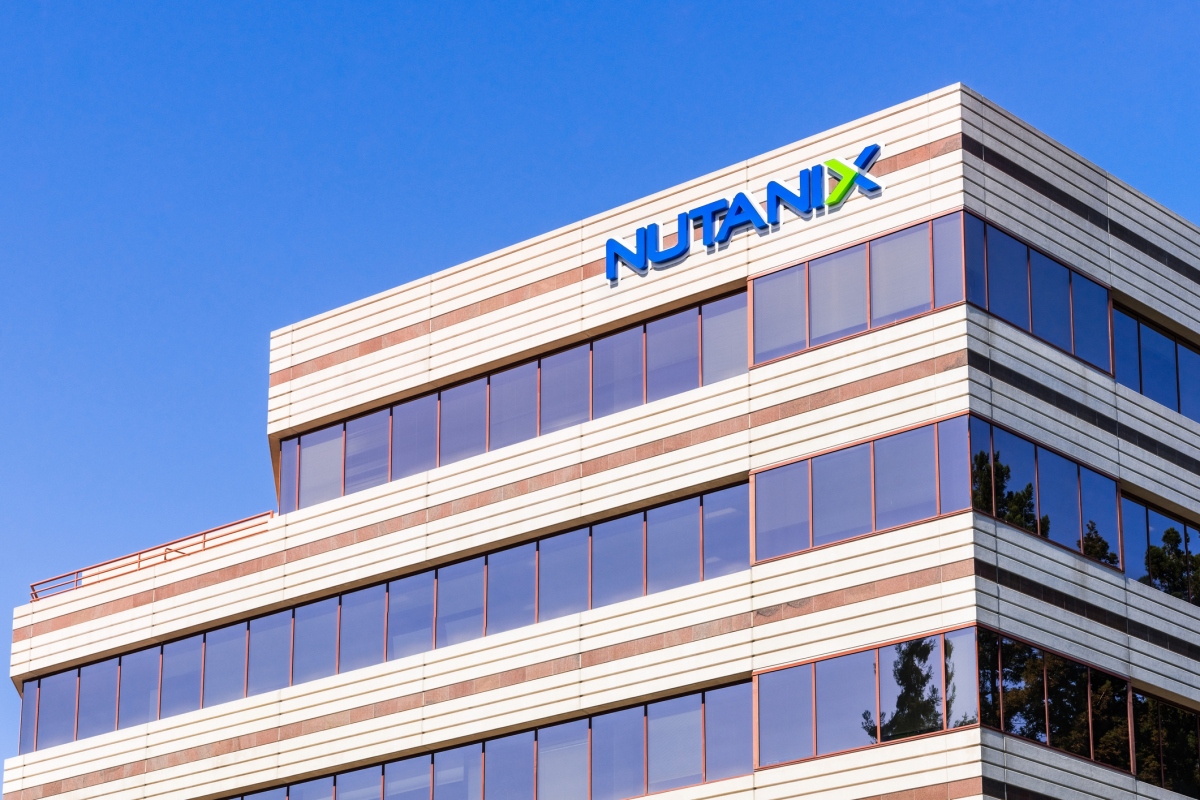Here’s what founders and executives need to focus on • ZebethMedia
Matt Armanino Contributor Matt Armanino serves as the CEO of national consulting and accounting firm Armanino, where he focuses on driving firmwide growth and innovation. Recent economic headlines have been dominated by the declining stock market, rampant inflation and widespread talk of recession. At Armanino, we use the term “VUCA” to describe such broadly adverse market conditions. Standing for volatility, uncertainty, complexity and ambiguity, VUCA illustrates the many challenges currently facing business owners and operators. Times like these can separate well-run companies from those with directional or operational flaws. Forward-looking owners and C-suite executives who provide strong direction are more likely to steer their companies through the storm. Facing a sea of challenges, leaders have clear opportunities to implement critical changes and prepare for better times ahead. As a business owner and CEO, anticipating and managing through VUCA is a constant focus for me. We have helped thousands of companies — ranging from seed-round startups and late-stage unicorns to mature public companies — navigate it by implementing practices that can allow them to survive and thrive. Having helped build a startup and gone under the hood with many unicorns over the past few decades, I’ve seen how some of the best founders and executives position their companies in times of stress to flourish on the other side, whether through a successful IPO, SPAC exit or just stable growth. It might seem counterintuitive, but the ability of AI to assess the quality of client relationships can actually help companies become more “human.” As I look back on what these businesses have done to succeed, my best tips for company leaders encountering VUCA now are to empower their operations, invest in digital transformation and seek M&A opportunities. Empower operations to capitalize on better market conditions in the future Companies are increasingly focused on running their businesses better during adverse market conditions so they can come out stronger when the economic environment improves. In some cases, companies that had been targeting IPOs or funding transactions for 2022 are now postponing until Q1 or Q2 of 2023, if not later. Empowering operations includes understanding and communicating relevant metrics. First, does your team grasp the metrics on which success is based for your company? Second, do your employees understand those numbers and how to impact them? When times are tough, everyone in the organization should understand the most important metrics and how to potentially improve them so they can better recognize what to do and why their roles matter. We’ve also noticed companies increasingly emphasizing the idea of reaching a cash-flow-positive state. In the past, a “revenue at all costs” approach often took precedence. But now it’s more about identifying the best revenue and focusing on how to manage costs to achieve some level of cash-flow positivity or at least a clear trajectory toward it. During lucrative times, companies have historically focused on growing top-line revenue by aggressively adding new accounts. During a downturn, it’s critical to be laser-focused on your most engaged customers and invest in building deeper relationships with less steady clients. Businesses should take a closer look at key accounts to analyze relationship strength and work to bolster these relationships. In fact, many companies are now hiring more account managers instead of salespeople to improve client relations and promote additional services to paying customers. Invest in digital transformation to make your data actionable If becoming cash-flow positive and developing deeper client relationships are important goals, then focusing on technology and digital transformation is vital. Businesses need to assess how they can become more efficient with their infrastructure and leverage more valuable information from their data collection.

